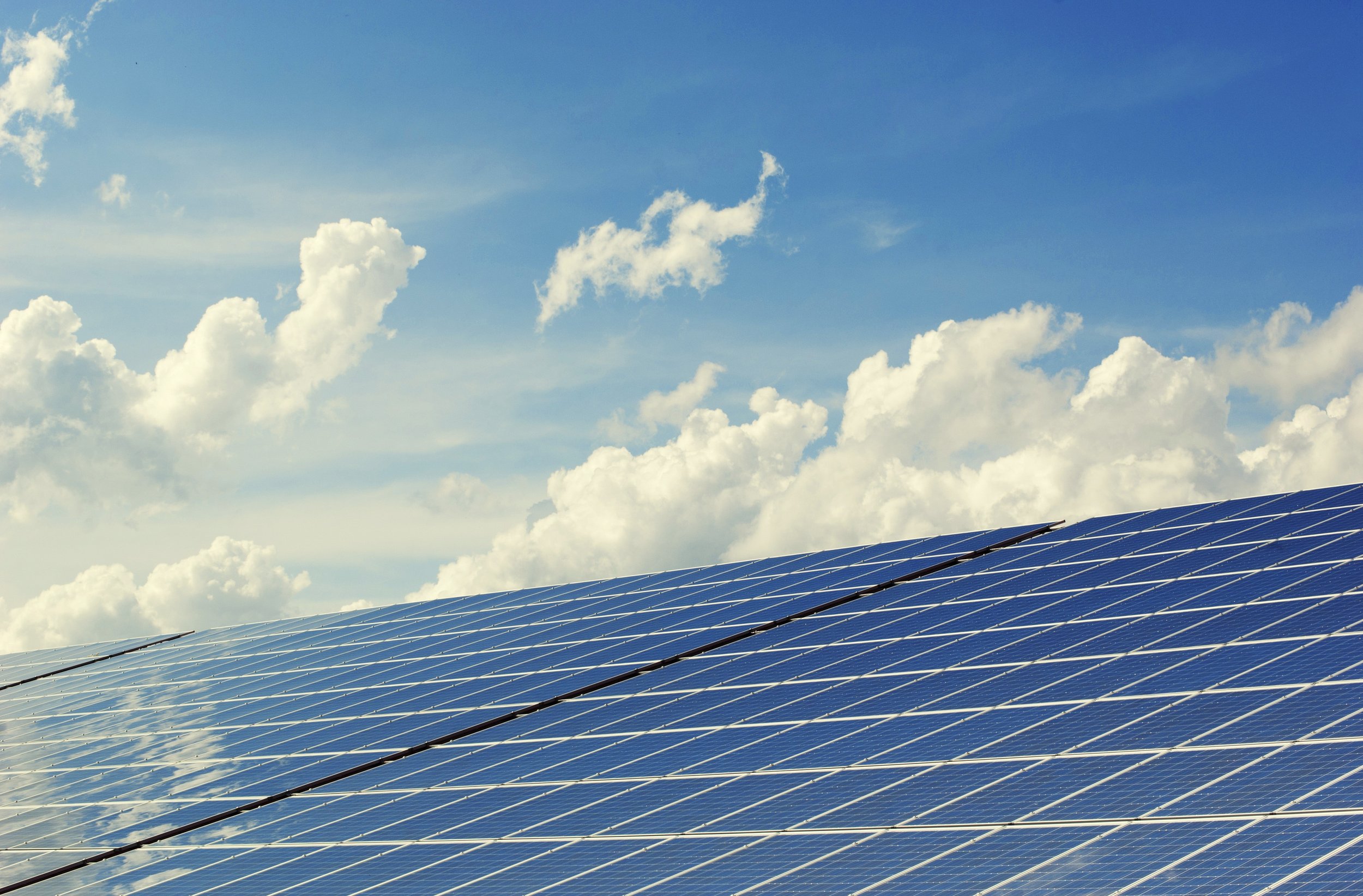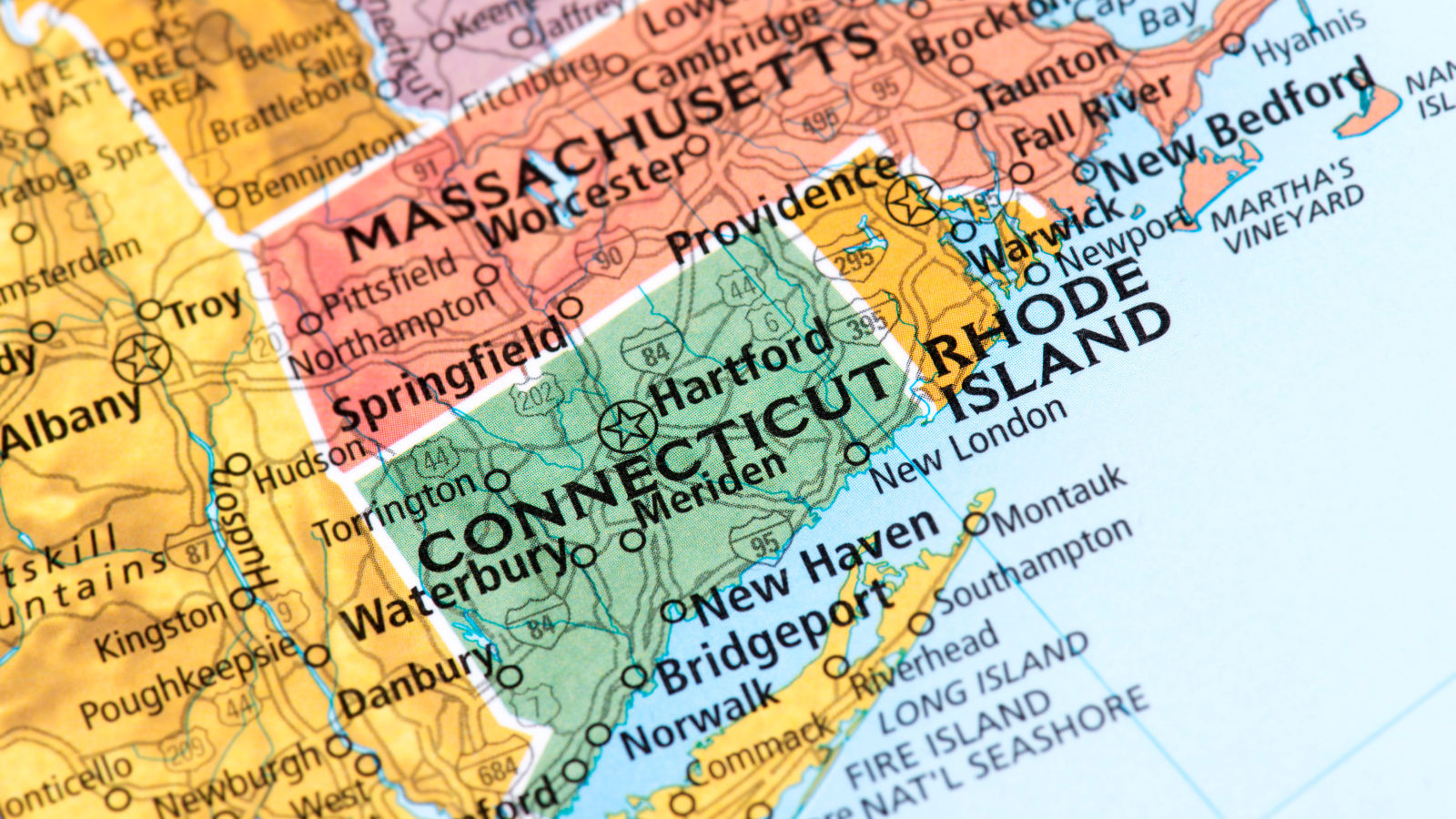Bill Gates-Backed Wind Energy Startup Airloom Energy Unveils Revolutionary Technology
There is a new company on the block called Airloom Energy, a wind energy startup supported by Bill Gates. They've come up with a groundbreaking wind-powered technology called AirLoom that could cut energy costs by a whopping 70%.
Traditional wind turbines are pricey, with a 2.5 MW model costing around $2.1 million. In contrast, AirLoom's system, with its racetrack-like design, comes in at under $225,000 for the same capacity. That is a huge game-changer.
The reason? AirLoom's smaller size and innovative setup. It uses 82-foot poles and 33-foot blades suspended in the air, taking advantage of air currents to generate power. These smaller wings can reportedly produce as much energy as traditional turbine blades, thanks to high-speed generators. Not only is it cost-effective, but it's also eco-friendly. AirLoom uses easily sourced materials, making manufacturing a breeze, and it's easier to transport. Plus, it's designed to reduce landfill waste once decommissioned.
With support from Bill Gates and plans to scale up, Airloom might just revolutionize the wind power industry… making clean energy more affordable and eco-conscious.
WHY IS THIS IMPORTANT FOR MY INDUSTRY?
The game-changing AirLoom wind-powered technology has a promising proposition of slashing energy costs. When we talk about lower energy bills, it's not just good news for transportation and logistics companies; it's a direct boost to their bottom line. These days, the transportation industry is all about sustainability and reducing that carbon footprint. AirLoom is on the same page with its eco-friendly design and minimal landfill impact, making it a pretty attractive choice for companies looking to get greener.
Now, here's where it gets interesting. With AirLoom delivering a cost-effective and reliable energy source, we're looking at improved energy security for logistics and supply chain operations. And when you've got reduced energy expenses and a steady energy supply, you're ensuring smooth and cost-efficient operations.
Considering how environmental regulations are getting stricter, businesses that jump on the renewable energy bandwagon (like AirLoom) are getting themselves ready for whatever future rules and market shifts may come their way. Future-proofing your business in an ever-changing landscape, that's a smart move.
AirLoom's technology isn't just about cutting costs; it's about bringing sustainability, energy security, competitive edge, and future readiness to the trucking, transportation, supply chain, and logistics industries. It's definitely something to keep a close eye on.
OUR HOT TAKE?
There's more to Airloom Energy's wind-powered tech than meets the eye. Sure, it promises a significant cut in energy costs… but there might be a hidden cost to the environment. Those smaller and more efficient turbines spin faster, and that speed could mean more unfortunate bird and bat collisions – something to consider. Plus, the simplified design might not handle all wind conditions equally, which could make it a bit less reliable in certain regions.
If we start scaling up these turbines too quickly, we might end up with shortages of the resources and materials they require, and that could drive up costs for other industries that rely on those materials. Let's not forget, the rush to embrace AirLoom might mean we retire existing wind turbine tech too soon… adding to our electronic waste problems.
So, while AirLoom certainly has its perks, we've got to weigh the pros and cons carefully before diving headfirst into the deep end.
Some have suggested that covering the Sahara Desert with solar panels could harness its abundant sunlight and provide a vast, sustainable energy source.
Imagine it's 2024 and the U.S. is on the brink of a modern-day gold rush, but this time, it's all about a new, clean energy source buried right beneath us—geologic hydrogen.
Environmental organizations in California are gearing up for a significant legal battle as the state Supreme Court agrees to hear their case against recent adjustments to the solar compensation rules.
In the vast salt deserts of western India, a colossal energy project is underway, transforming barren landscapes into a renewable energy powerhouse.
Dr. Dan McKorley, Executive Chairman of McDan Group, encouraged the salt industry to adopt more sustainable transportation and logistics practices for a greener future.
Danish investors in DSV are pressing the logistics giant regarding environmental, social, and governance aspects of its $10 billion joint venture in Saudi Arabia, supporting the Neom mega-city project.
A recent nationwide analysis by USA TODAY uncovers a concerning trend that could hinder the United States' clean energy objectives: local governments are outpacing the construction of new utility-scale wind and solar power by imposing bans on such projects.
In Keyser, West Virginia, Sheila Wagoner, like many, isn't fond of the new wind farm dominating the skyline.
In September 2022, Hawaii shut down its sole coal power plant as part of its goal to achieve entirely clean electricity by 2045.
Central Asia is making strides in combating climate change with the construction of its first green hydrogen-wind plant in Uzbekistan.
In a legal move, a federal judge is being urged to issue a halt on construction for a $10 billion transmission line that is intended to carry wind-generated electricity from a remote area in southeastern Arizona to customers as distant as California.
On New Year's Day, the Port of Virginia achieved a significant milestone by becoming the first U.S. East Coast seaport to operate entirely on 100% clean power, accomplishing its goal well ahead of the planned 2032 timeline.
Developers of the proposed offshore wind farm near Long Beach, Long Island, announced the termination of the Empire Wind 2 project due to economic challenges - including inflation, increased interest rates, and supply chain disruptions.
There is a new company on the block called Airloom Energy, a wind energy startup supported by Bill Gates.
The U.S. offshore wind industry is experiencing both challenges and progress in 2023.
The U.S. offshore wind industry is looking to rebound in 2024 after a challenging year in 2023, marked by project cancellations and financial write-offs.
Ocean Infinity, an ocean robotics firm, has entered into a contract with Equinor Wind US LLC to conduct a comprehensive site investigation survey off the coast of Morro Bay, California.
A new report by experts in human rights and the solar industry has raised concerns about the solar supply chain's lack of transparency amid human rights issues.
Connecticut's commitment to becoming zero emission by 2035 stems from a growing recognition of the urgent need to address climate change and its adverse effects on the environment and public health.
The US climate law, the Inflation Reduction Act (IRA), which passed one year ago, has accelerated the adoption of clean energy technology in the country.
The International Maritime Organization (IMO) has announced new global emission-reduction targets, but the ambiguity surrounding the means to achieve these targets is expected to limit new ship ordering.
Environmentalists express disappointment with the outcome of the 80th session of the Marine Environment Protection Committee (MEPC) held by the International Maritime Organisation (IMO), as revised targets for reducing greenhouse gas (GHG) emissions fall short of what is deemed necessary to combat climate change.
Enphase, a leading solar microinverter company, has commenced production of its IQ8 microinverter at a factory in West Columbia, South Carolina.
Spain is investing billions of euros to produce and distribute green hydrogen, aiming to become Europe's hub for clean energy.
The California Transportation Commission (CTC) has granted $42 million to the Port of Oakland for its Green Power Microgrid Project.
As solar capacity in California continues to grow, grid operators are facing challenges related to the "duck curve."
U.S. Transportation Secretary Pete Buttigieg visited the port of Yokohama in Japan and emphasized the importance of establishing "green shipping corridors" to reduce carbon emissions in the shipping industry.
Researchers at the Lawrence Berkeley National Laboratory propose using electric batteries on freight trains to support the power grid during spikes in energy demand.
Shareholders at Toyota's annual general meeting rejected a proposal initiated by AkademikerPension, a Danish investment fund, calling for the automaker to improve its efforts in fighting climate change.































Tesla Inc. is making headlines again, this time for rehiring members of its Supercharging team, including key manager Max de Zegher, following a surprising round of layoffs initiated by CEO Elon Musk last month.